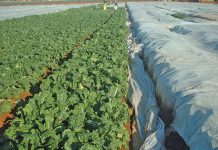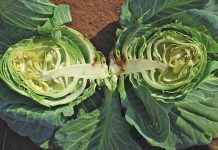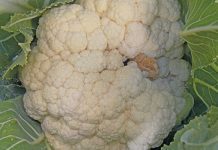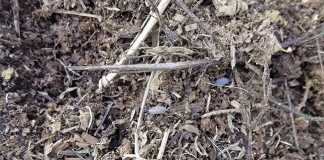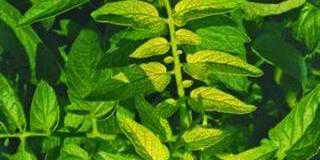The recent allFresh! International Conference at Sun City was well attended by fresh produce role players from all sectors and highlighted the changing times in which we live. Doing business today is not what it used to be.
The conference’s theme, “Sustainability in Agriculture” covered a range of topics, some of which were at one time hardly considered “issues of sustainability” in agriculture or even the fresh produce sector.
Speakers addressed issues ranging from logistics to value chains, regional trade, ethical labour practices and the economic impact of HIV/Aids in farming. Across the different topics, a common theme was that sustainability requires us to adapt to and adopt new values and trading practices.
A good example was the address by Stuart Symington, CEO of the Fresh Produce Exporters Forum, which asked “How Ethical is our Trade”?
He focused on double standards in business. Today, supermarkets in Europe and the UK require producers to comply with GlobalGAP and other protocols, which might be important but add to producers’ costs, while it seems there’s nothing in place to keep the supermarkets in line.
Ethical trade
The fresh produce sector has a deeply entrenched history of honourable dealings between supplier and buyer. Not too long ago a handshake could seal a major deal.
That era might be dead and buried but the markets continuously tell us that ethical practices do make a difference. To emphasise the importance of the fresh produce value chain to sustainability in agriculture and the economy in general, Dawie Ferreira, director of logistics at Capespan, quoted Prof Warren Hausman of Stanford University’s Business School: “The battle of the next decade will be supply chain versus supply chain.”
Speaking on inter-regional trade in Southern Africa, Julian van der Nat, an economist and business consultant from Botswana, reminded delegates that world food production would have to increase by 70% by 2050 to feed an estimated 9,2 billion people.
He pointed out that 50% of trade within the Southern African Development Community, with a population of around 250 million, originated in South Africa. Sustainability in agriculture is a complex issue but ethical trade is one of the factors needed to make it all come together going into the future.
Email Mike Cordes at [email protected].


